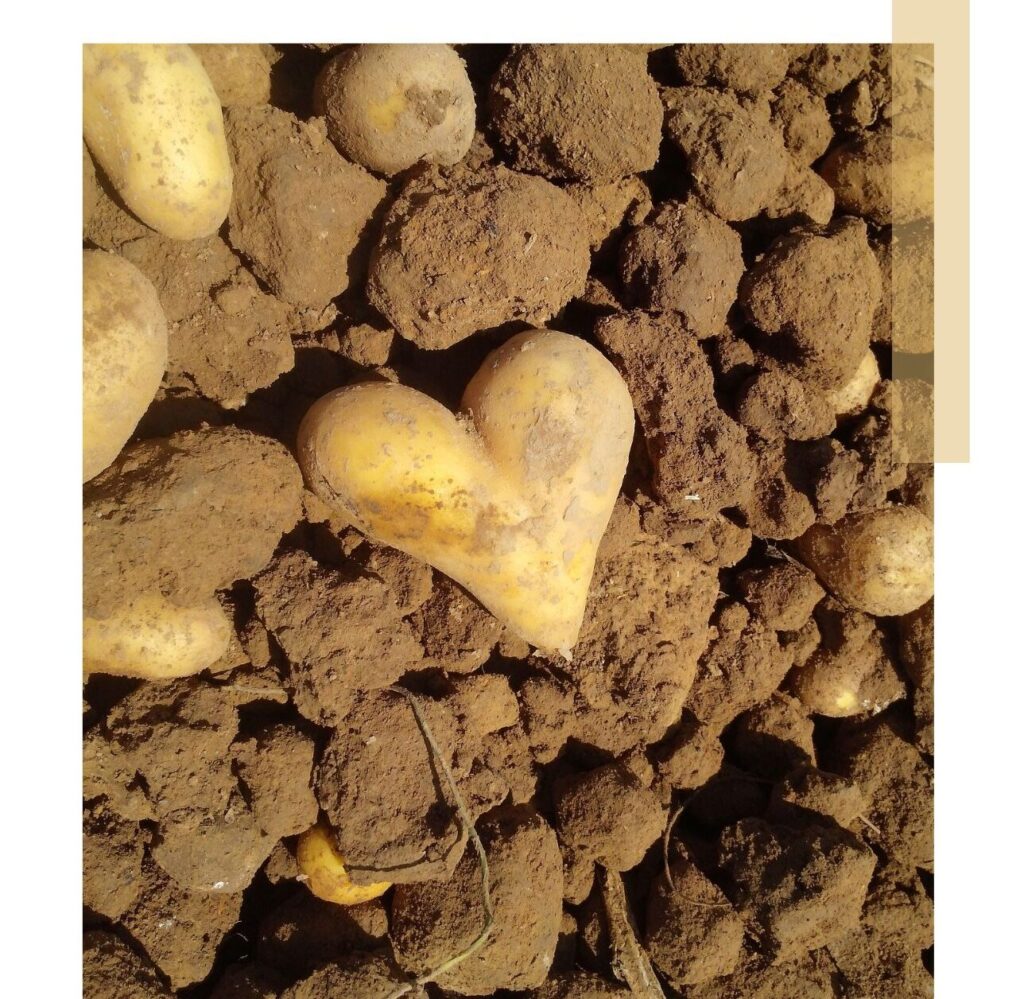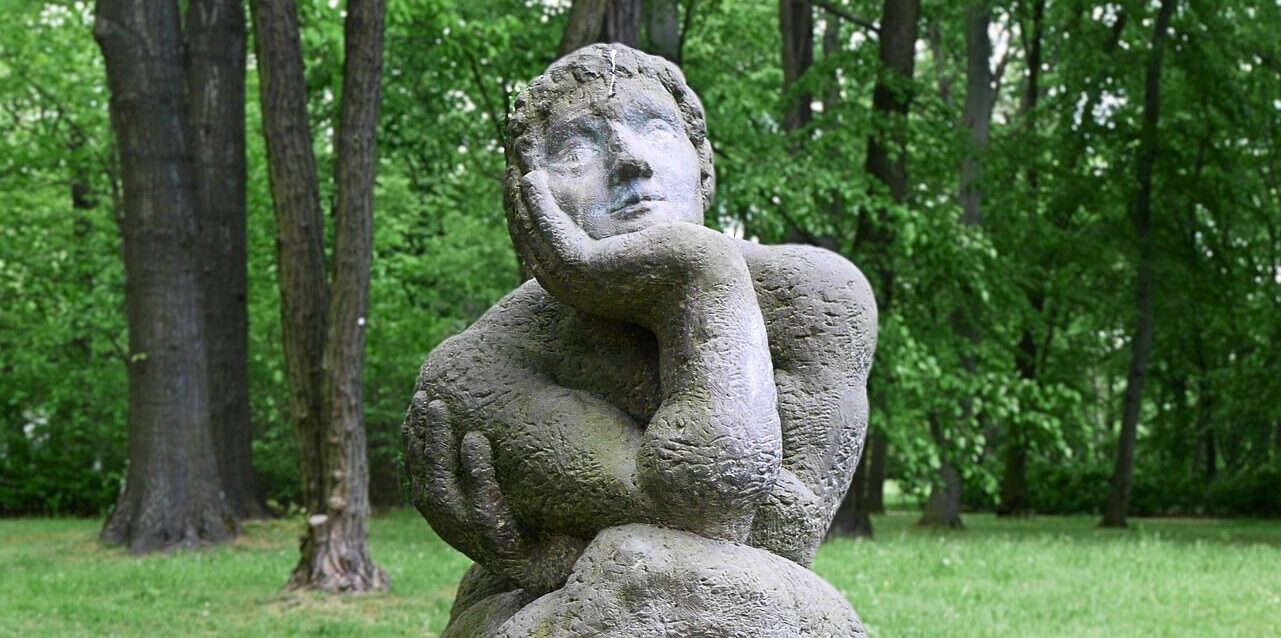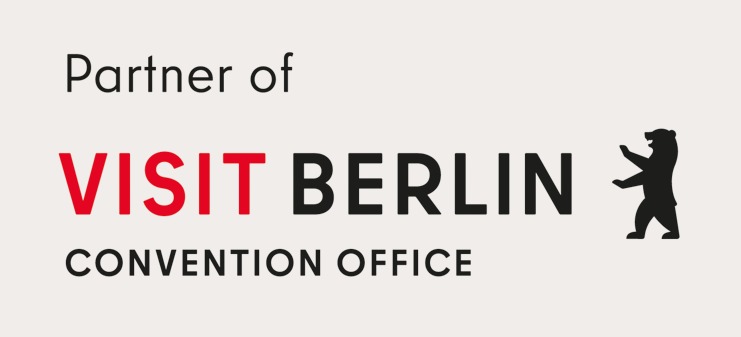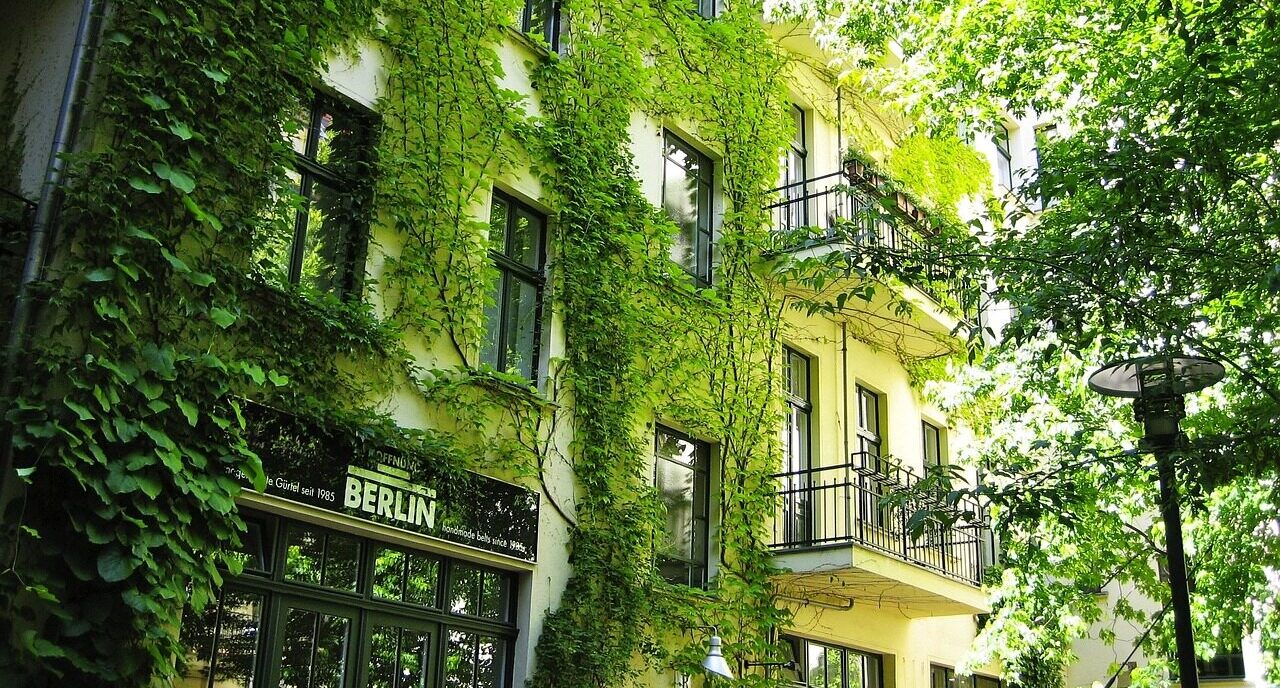
… for a better future
The World Exhibition, also known as the Exposition Universelle Internationale, Exposition Mondiale (Expo) or World’s Fair, is an international exhibition that was able to establish itself as a technical and crafts exhibition during the period of industrialization. The creation of the world exhibition goes back to Prince Albert, the husband of the British Queen Victoria. The first exhibition was ceremoniously opened in London’s Hyde Park. In their coalition agreement Berlin politicians have stipulated that Berlin would like to apply for a world exhibition in 2035.

Berlin wants to become the center of sustainability. During the next 10 years, the capital wishes to overcome Berlin’s diverse challenges together and show the world that decisions can be made, and problems can be solved together in a free, democratic society. In addition to being an Expo location, the whole of Berlin wants to present itself as a best-practice model during a successful transformation process. The aim is to begin the transformation immediately in small projects in many parts of the city and to shape neighborhoods and entire districts together with locals, residents, and guests as quickly as possible.
For example … Annual World Cleanup Day initiatives are already underway and successful, a good example of how thousands of liters of garbage can be removed in a very short time with many helping hands. There are plans to take these initiatives not only to the economy and population in general, but also to schools, associations, and clubs in order to familiarize children, young people, and students with the problem at an early stage to initiate the change towards a conscious use of resources.
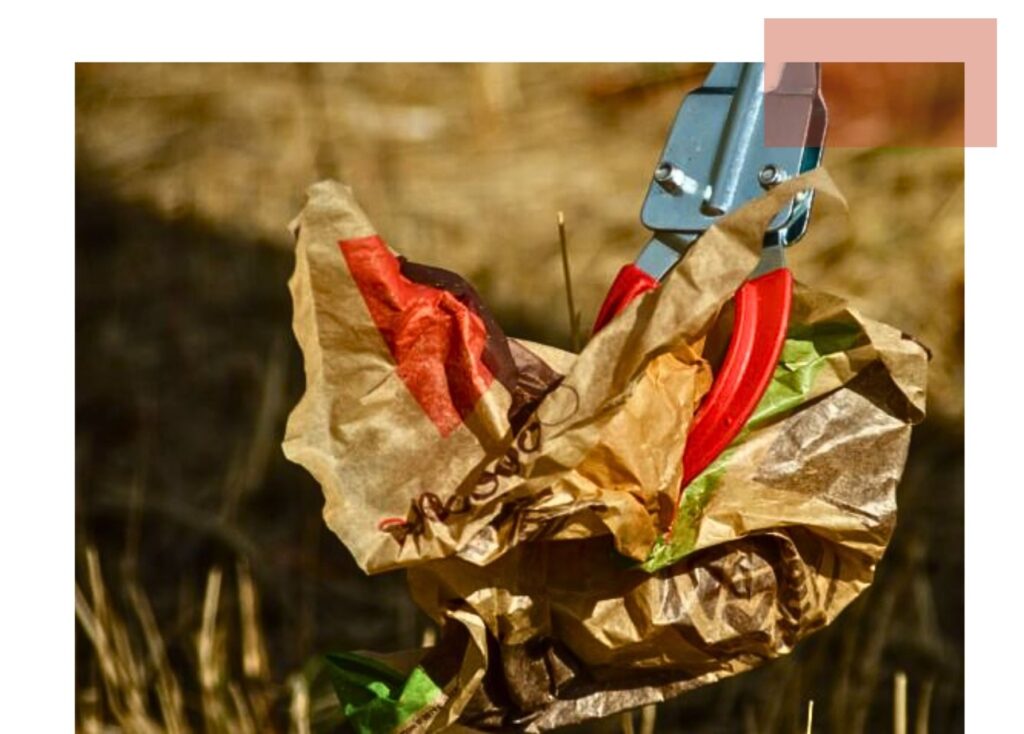

For example … There is a project existing already called “Water the neighborhood” (Gieß den Kiez). It supports the city administration and committed citizens in coordinating the irrigation of Berlin’s city trees. The map-based web application enjoys a growing volunteer community. The interactive map shows currently over 800.000 trees in streets and parks. Citizens can find out about the trees in their neighborhood, record when they are watered and how often. One can even choose to become a tree sponsor.
For example … One of the most famous initiatives is the food bank “Berliner Tafel”. The Berliner Tafel was the first food bank in Germany. When it was founded in 1993, no one thought that it would develop into one of the largest social movements in Germany. The food bank idea is simple and convincing: save food and support people affected by poverty. The work of this initiative always means the simultaneity of sustainability and solidarity. The need is immense: Every month, it distributes around 660 tons of surplus food to a total of 170,000 people affected by poverty in the capital. In addition, it is committed to the topic of nutrition education and offers cooking courses for younger generations with its children and youth project KIMBA.
